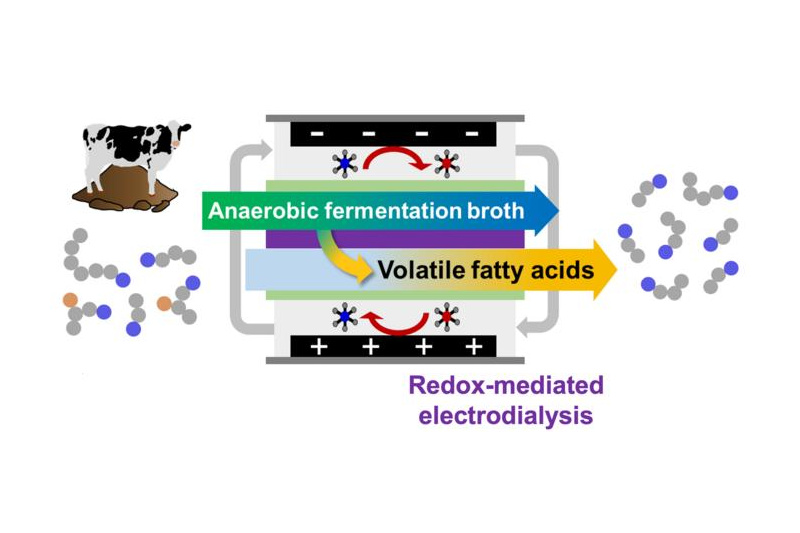

The University Twente (The Netherlands), representing a network of 12 partners, has received a considerable grant from the European Commission to implement the nanotechnology program ‘Frontiers’.
Frontiers is a European network which aims at establishing leadership in research and innovation on behalf of life sciences related nanotechnology by integrating the strengths and facilities of the network partners. This integrated approach will strengthen Europe’s position in nanosciences and will increase its competitive R&D position with respect to the US and Japan. In the Frontiers consortium 12 top-level nanotechnology institutes are united including the University of Cambridge, Max Planck in Germany and the Nano Science Group from Toulouse, France. On August 23 the network gathers in Enschede (The Netherlands) to launch a joint program of activities.
Back in 2000 the EU already recognized that the scientific and technological development in Europe was falling behind relatively compared to the US and Japan. It recommended that investment in nanotechnology R&D should triple by 2010 to strengthen Europe’s competitive position and to help Europe become world leader in the rapidly developing field of nanotechnology. One of the crucial differences between the EU and our main competitors is that the latter have coordinated R&D programmes whereas European research is scattered. The Frontiers initiative is designed to create critical mass in life sciences related nanotechnology and hence maintain European excellence in nanosciences.
The Frontiers network consists of twelve top-level nanotechnology research institutes and integrates 192 researchers. The nanotechnology field is multidisciplinary and consequently Frontiers will set-up an infrastructure allowing researchers with different backgrounds to share their knowledge, experience and research results. Laboratory equipment present at the different institutes and universities will be listed and shared. Frontiers will also create and implement a science-to-industry chain to capitalise the knowledge generated in the network by transforming it into applications and products. By combining the educational material currently present at the partners Frontiers will develop a new high profile nanotechnology master program. Interdisciplinary education and training for research personnel are prerequisites to develop and maintain centres of excellence in Europe. Active participation in international ethical discussions surrounding nanotechnology applications and risk assessment procedures will help contribute to the development of safe and responsible products.
On August 23-25 the University of Twente will organize a kick-off conference which as the first step towards the construction of the Frontiers network. The press is kindly invited to attend.














